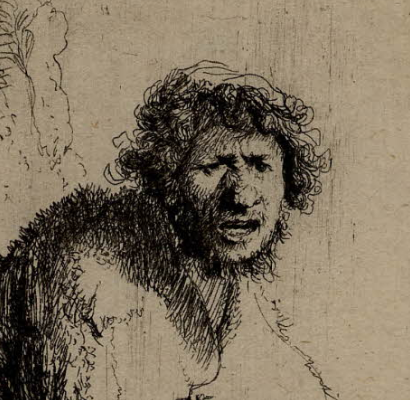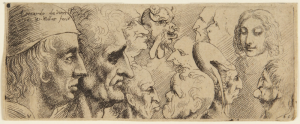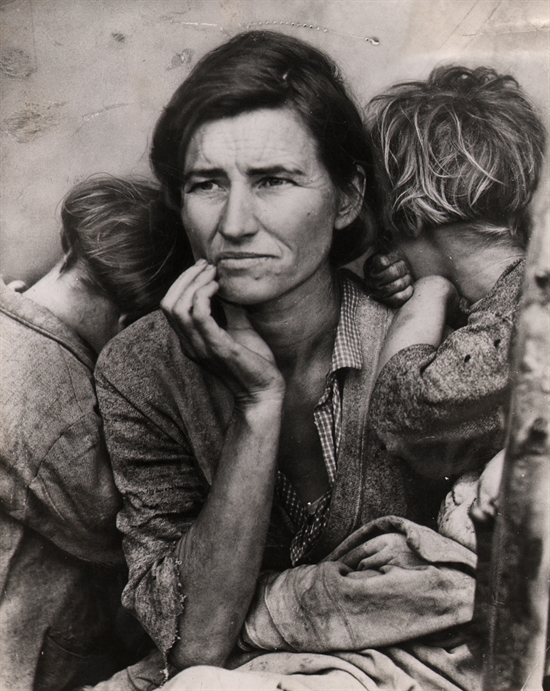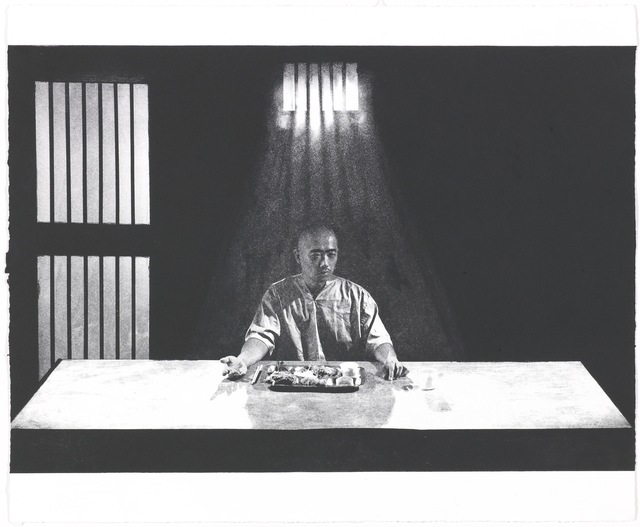Syllabus
Week One, September 17
Introduction / I See You?
 Michael Ter Hark, “The Inner and the Outer”
Michael Ter Hark, “The Inner and the Outer”
Marcel Mauss, “A Category of the Human Mind: the Notion of Person; the Notion of Self”
David Hume, “Of Personal Identity”
Week Two, September 24 @ Princeton Art Museum works on paper study room
Reading and Active Looking
Joseph Leo Koerner, “Rembrandt and the Epiphany of the Face”
Objects:
Rembrandt, Beggar Seated on a Bank – x1946-326
Rembrandt, Bust of an Old, Bearded Man Looking Down – 2010-161
Rembrandt, Bust of Rembrandt’s Mother – x1949-216
Rembrandt, Self Portrait with Saskia – x1970-80
Week Three, October 1 @ Princeton Art Museum works on paper study room
Reading for Structure
Johann Caspar Lavater, Vol. 2: Chapter 4, “Upon Portrait Painting,” from Essays on Physiognomy (available through the library at https://pulsearch.princeton.edu/catalog/4331664 )
Samuel George Morton, “Introductory Essay,” Crania Americana (Firestone reserves)
Richard T. Gray, “Envisioning the Invisible: Technologies of Seeing in the History of Physiognomics,” About Face: German Physiognomic Thought from Lavater to Auschwitz
Objects:
Thomas Rowlandson, Caricature Heads – x1948-1666
Thomas Rowlandson, Man’s Head and Sheep’s Head – x1948-1669
Hollar, Heads – x1937-286
 Week Four, October 8
Week Four, October 8
Reading for Process
Presentation: Sophie & Shakthi
G. B. Duchenne, Mechanism of Facial Expressions (Ch. 1, 2, 3, 7 on Blackboard and at Firestone reserves)
William James, “What is an Emotion?” (on Blackboard); Chapter 25 “The Emotions” from The Principles of Psychology (available online through library: https://catalog.princeton.edu/catalog/10858386)
Ruth Leys, “How Did Fear Become a Scientific Object and What Kind of Object Is It?”
Week Five, October 15 // Second half of class @ Princeton Art Museum works on paper study room
Reading for Deep Time
Charles Darwin, Expressions of Emotion in Man and Animal (Ch. 1-4, 6, 13; available at Firestone reserves or available online https://www.gutenberg.org/files/1227/1227-h/1227-h.htm )
Objects:
Eadweard Muybridge, Monkey, Racoon, Horse from Animal Locomotion series
Oscar Gustave Rejlander, Ginx’s Baby
 Week Six, October 22 // Second half of class @ Princeton Art Museum works on paper study room
Week Six, October 22 // Second half of class @ Princeton Art Museum works on paper study room
Portrait Faces I
Presentation: McKalah
Richard Brilliant, Portraiture (Introduction, Ch. 1-2; Firestone reserve, also available online through library)
Objects:
Charles Zechel, Portrait of a Negro Girl
Charles Zechel, Portrait of a Negro Boy
Chester Harding, Portrait of Mrs. Quincy
John Singer Sargeant, Elizabeth Anne Marquand
Leah Kroll, Portrait of a Woman
Dorothea Lange, Migrant Mother, Nipomo, California
Week Seven, November 5 @ Princeton Art Museum Galleries
Portrait Faces II: Choose Your Own Adventure/Self-Directed Research
For this class, students will use the time during seminar to wander freely around the museum’s current exhibitions to begin to think deeply about their final projects. During this time, they will also conduct some initial, preliminary research using sources available on the museum’s website or more widely available in digital format through the library’s website, etc.. The idea is to give students the opportunity to choose objects for us to discuss in next week’s class, and to give them some time to poke around the museum without an explicit structure. It is a way of simulating the serendipity of research and the critical thought engendered by freely encountering objects that, oftentimes, can get lost when the algorithms of search engines dictate what we encounter as objects of study. Students will choose their objects using the insights from the semester about the representation and study of faces, and might also use this free-wandering-thinking through the museum to choose objects of inspiration for their final projects.
Week Eight, November 12 // Second half of class @ Princeton Art Museum works on paper study room
Portrait Faces III: The Edges of a Face
Presentation: Becca & Elle
Gregory Flaxman & Elena Oxman, “Losing Face,” from Deleuze and the Schizoanalysis of Cinema
Gilles Deleuze & Felix Guattari, from A Thousand Pleateaus (on “faciality”)
Objects:
Ana Mendieta – Untitled (Glass on Body Imprints) – 2007.41.1-13
Glenn Ligon, Self-portrait at Eleven Years Old – 2005-18
John Wilson, Martin Luther King Jr. – 2017-6
Week Nine, November 19 // Second half of class Podcast Workshop @ Digital Learning Lab, Lewis Science Library
Jean-Paul Sartre, “Faces”
Final Project Proposals Due In Class (peer review in class)
Week Ten, November 26 // Second half of class @ Princeton Art Museum works on paper study room
Reading for a Verdict
Presentation: TJ
Allan Sekula, “Body and the Archive”
Maryam Monalisa Gharavi, “Transcript on a Face,” November 25, 2014, The New Inquiry (available online)
Objects:
 Wong Hoy Cheong, Chronicles of Crime
Wong Hoy Cheong, Chronicles of Crime
Leonard Freed, Police headquarters, Art department, women tell artist what the man looked like, from Police Work
Week Eleven, December 3
Reading for “Security”
Presentation: Kade
Ian S. Penton-Voak, Jamie Thomas, Suzanna H. Gage, Mary McMurran, Sarah
Yusaku Horiuchi, Tadashi Komatsu, Fumio Nakaya, “Should Candidates Smile to Win Elections? An Application of Automated Face Recognition Technology,” Political Psychology, Vol. 33, No. 6 (December 2012), pp. 925-933
Safiya Umoja Noble, “Introduction: The Power of Algorithms,” Algorithms of Oppression: How Search Engines Reinforce Racism
“Bucks Hire Facial Coding Expert,” December 27, 2014, ESPN.com
Corey Kilgannon, “Through Art and Forensics, Faces of Unidentified Victims Emerge,” January 20, 2015, NYTimes.com
Week Twelve, December 10 // Second half of class @ Princeton Museum works on paper study room
Reading for Family
Ruth Ozeki, The Face: A Time Code
Recommended (not required):
Giorgio Agamben, “The Face,” “Notes on a Gesture”
Objects: Julia Margaret Cameron, Florence
Susan Hacker Stang, Kingston, Pennsylvania
Katrina Lithgow, Sarah with Daughters Lily and Izzy
Week Thirteen, TBD @ Lewis Center for the Arts / Acting & Performance Workshop
All the Face is a Stage!
Carl Theodor Dreyer, The Passion of Joan of Arc (film; selections)
Joseph Roach, “Second Nature: Mechanics and Organicism from Goethe to Lewes,” from The Players Passion: Studies in the Science of Acting
FINAL PODCASTS DUE JANUARY 14TH (DEAN’S DATE) BY 5PM
Please remember that this syllabus is not a contract. It may change over the course of the semester. Your professor will give you appropriate notification in that case, and a revised syllabus will be uploaded promptly to Blackboard.